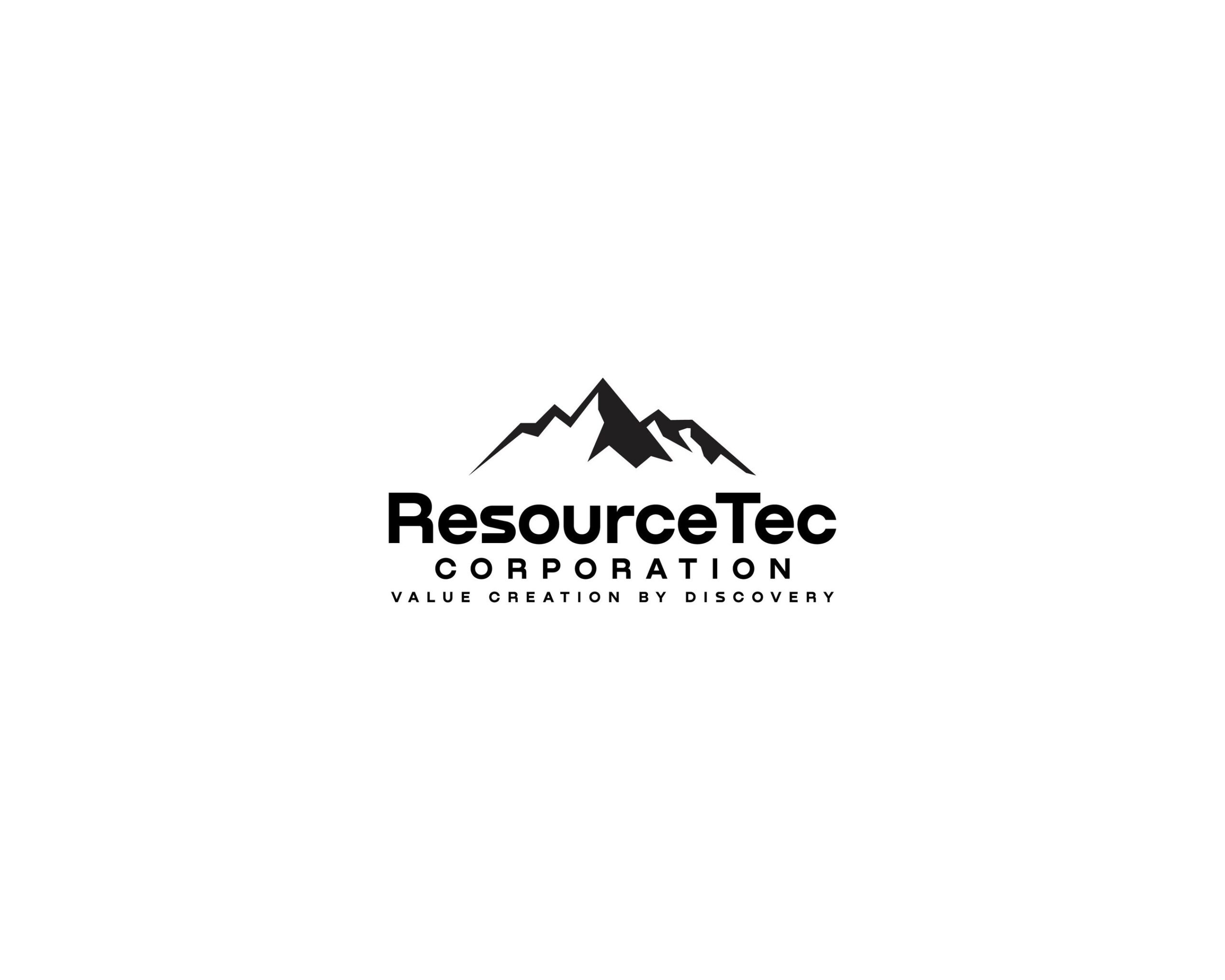President Donald Trump has significantly expanded his fixed-income investments this autumn, acquiring at least $82 million in municipal and corporate bonds. This information comes from recent disclosures released by the United States Office of Government Ethics, following the conclusion of the government shutdown.
The filings, dated October 17, 2023 and October 20, 2023, reveal that Trump has invested in debt instruments issued by major corporations such as Netflix, Boeing, Meta, UnitedHealth, Home Depot, Broadcom, and Intel. Notably, some of these companies have been directly impacted by policies from his administration. For example, the U.S. government recently acquired an almost 10% stake in Intel, raising questions about potential conflicts of interest.
In addition to corporate bonds, Trump has also accumulated municipal debt from various sectors, including cities, school districts, utilities, and hospitals across the United States. The disclosures reveal transactions only in broad dollar ranges, consistent with requirements for federal officials. Notably, Trump did not report any asset sales during this period.
Trump’s investment strategy stands in stark contrast to those of previous presidents, who typically opted to divest or transfer their assets into blind trusts to avoid conflicts of interest. While these disclosures do not alter policy, they reignite scrutiny over potential conflicts, particularly concerning companies like Intel, where government involvement could influence market pricing and industrial policy.
The implications of Trump’s financial activities extend beyond his personal investments, as they may lead to increased public scrutiny of the affected corporations. The intersection of government actions and market dynamics continues to evolve, with Trump’s portfolio decisions likely to draw attention from various stakeholders.
As the political landscape shifts and new policy decisions emerge, the significance of Trump’s financial moves may resonate throughout the corporate sector, adding layers of complexity to the relationship between government and business. The forthcoming months will likely see further analysis of how these investments align with Trump’s broader political and economic agenda.






